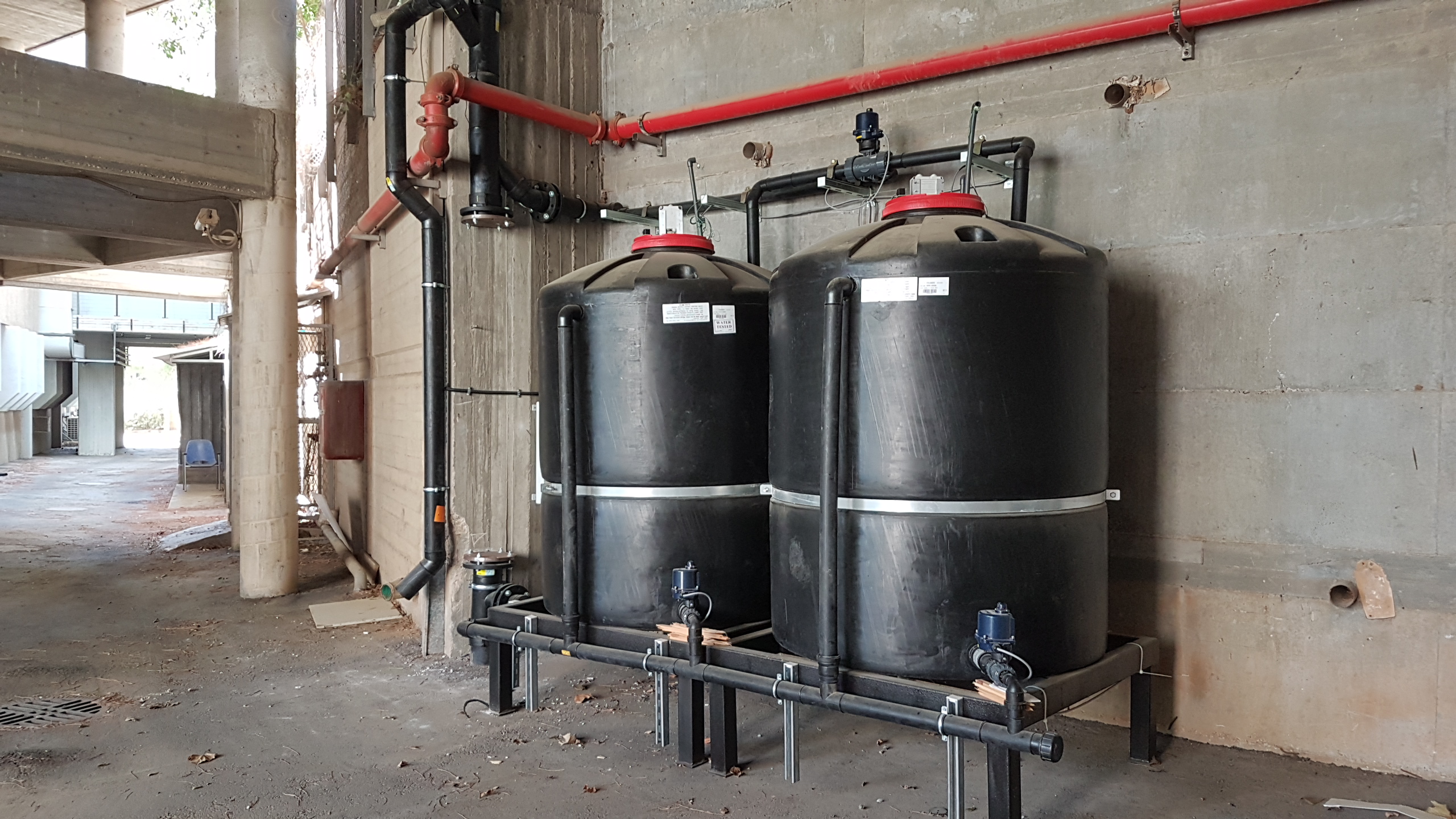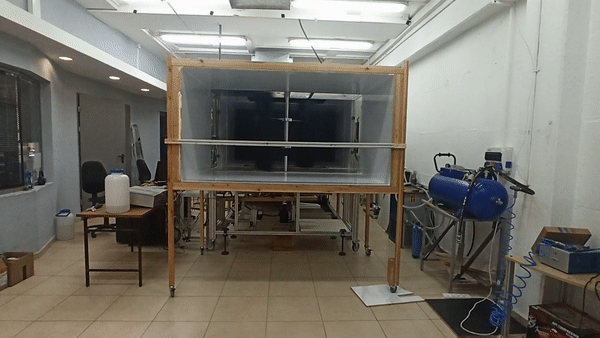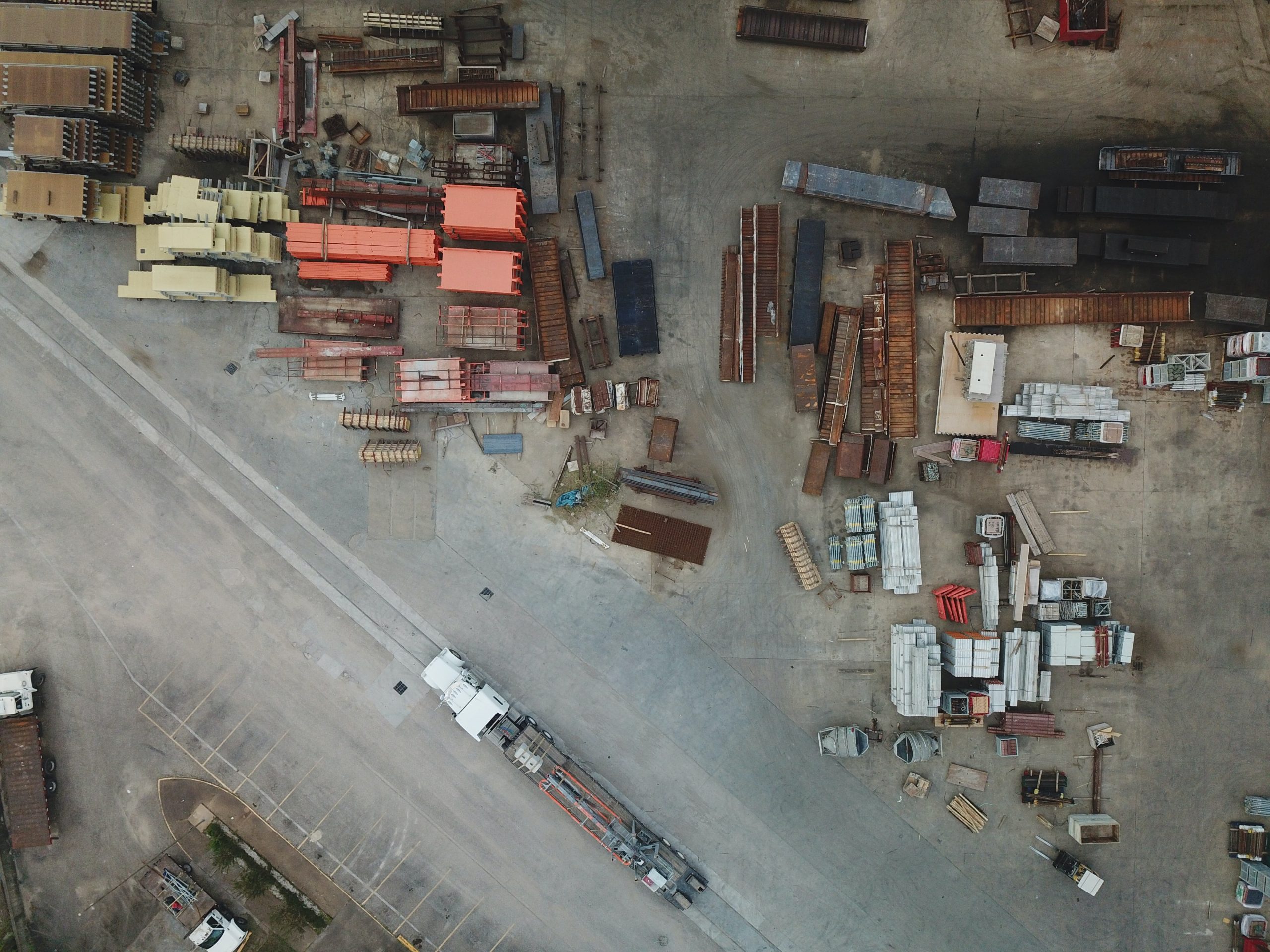Cow Power from Israel
August 6, 2019The agriculture industry contributes heavily to greenhouse gas emissions, but an Israeli start-up might have developed the only complete solution for treating agricultural waste through biogas production
The level of greenhouse gases in the atmosphere rises every year, and with it, the need for alternative, renewable fuel solutions. We hear about these gases in the news, talk about them with our friends, worry about the role we play in contributing to their rising levels, and, slowly we have begun to take small steps towards reducing our carbon footprint on the environment.
In Israel, the government has already begun making changes to promote waste reduction, banning single-use plastics from beaches (meanwhile only on the municipal level), and expanding the use of thermos-solar power plants and solar panel fields throughout the Negev desert in the south. In most countries, however, these small measures are only a marginal move in the right direction, leaving the majority of the road to be paved by private companies and individualistic efforts.
With this ever-present thought of climate change hot on our heels, many companies are now trying to develop ways to reduce our carbon footprint and efficiently produce energy in a way that can justify its carbon emissions. Sustainable Green Technologies, or SG Tech, is an Israeli company whose primary focus is amending the environmental consequences of improper waste disposal in the livestock industry, where excessive waste production and disposal has been a long-standing issue.
In the United States alone, livestock animals produce over one billion tons of waste annually. Unfortunately, this waste is then generally stored in lagoons or left outside to decompose, where it causes terrible odors, diseases due to harmful air pollutants, eutrophication of soil, contamination of water bodies and groundwater, and a significant release of methane and nitrous oxide two greenhouse gases with a very high global warming potential compared to CO2. The clear and immediate consequences of improper waste disposal have resulted in a rise in waste treatment research, particularly biogas production.
“You can take cow manure and use the material as fertilizer without any prior treatment, but when you turn the material into biogas, you get two or three products out of one raw material. When you take the manure and treat it, you solve the problem of smell and contamination, and then you get energy and also fertilizer,” says Dr. Daniel Madar, a reusable energy specialist who consulted for SG Tech on a governmental project.
SG Tech’s research and technologies revolve around figuring out ways to do just that; reduce the environmental damage being caused by waste disposal and simultaneously produce an efficient source of fuel and natural fertilizer.
While SG Tech is certainly not the first company to use bovine waste as a source for fuel, most conventional methods for biogas production generally take a lot of time and actually produce large amounts of digestate, residual water containing high concentrations of nutrients and salts. According to Madar, discarding this water into the sewage system could cause a collapse of the biological treatment bacterial populations in the water treatment facility. Purifying this water, however, is so costly that companies attempting to treat the water before disposing of it would suffer a financial burden.
As a result, most agriculture sites end up spraying this water onto their fields, where it causes severe damage to the land. “It can be used as a fertilizer because it has a lot of nutrients in it. However, it is too concentrated, and the result is that this digestate seeps into water aquifers, pollutes them and causes salinization of the fields,” says Madar. He explains that, essentially, the world of agriculture has found itself at an ecological impasse in the area of waste treatment and disposal.
SG Tech, however, has developed “the only complete solution for the treatment of livestock waste – one that produces clean energy, clean water, and nutrient-rich organic compost.”
According to Reuven Eitan, the IP and R&D manager at SG Tech, “[SG Tech] is producing biogas and getting 20% more of the methane concentration, producing 20% more energy.” Better yet, the amount of digestate byproduct is minuscule in comparison to the amounts being produced under the current system. In fact, this new technology will improve and maximize how farms in Israel and abroad treat and repurpose their waste, allowing them to use smaller systems and reap greater benefits.

The Future of Biogas in Israel and Abroad
It is important to note that biogas, the same as any other fuel source, is bound to leave a carbon footprint on the environment. So why would companies like SG Tech be putting so much effort into biogas production as opposed to other methods of waste treatment? Although replacing coal usage with biogas does not entirely eliminate carbon emissions in the atmosphere, it does manage to reduce agricultural emissions and the ecological consequences of untreated livestock waste.
The annual amount of waste produced by livestock animals in the U.S. is enough to create 108.8 billion kilowatt-hours of energy while optimally emitting 69.6 million metric tons of greenhouse gases. Creating the same amount of electricity from coal, however, would result in 109.3 million metric tons of greenhouse gas emissions. This is because biogas produces the same carbon emissions regardless of its carbon to methane ratio, allowing us to maximize fuel production and making it a more efficient and predictable fuel source than coal.
In Israel, where agricultural-based emissions in 2015 (2.26 million metric tons) made up 2.8% of the country’s total greenhouse gas emissions, SG Tech’s technology could both help maximize resource efficiency and open the door for future initiatives that would further implement the use of biogas as a widely used fuel source. Admittedly, this technology will never be able to entirely replace the use of coal or other conventional fuel sources, since we simply cannot produce enough waste — human or bovine — to justify all the energy we consume.
According to Madar, taking all the waste Israel produces would only produce 7% of all of the country’s energy, and it is the same for other nations around the world.
However, although biogas cannot become a primary fuel source throughout Israel, or any nation for that matter, it is becoming increasingly easier and profitable to utilize it as a power source on an individual scale. “It is not really a replacement for coal or natural gas or petroleum. However, if we use this waste to produce energy, we can reduce the cost of getting rid of this waste, and we can turn it into something more green and more sustainable,” says Madar.
As SG Tech continues to refine and implement its waste treatment system in Israel and abroad, it will allow farmers with small to medium-sized cow sheds to not only properly treat their bovine waste, but become energetically self-sufficient. While there are similar systems around the world that work for small-sized cow sheds, this new technology is the only one in existence that can both handle the waste treatment of, and produce enough power for medium-sized cow sheds that hold up to 2,000 cows.
Working towards their goal of implementing this system in 10 medium cowsheds in Israel and across the world by the end of 2020, SG Tech continues to pave the way for eco-friendly changes in waste disposal techniques. For example, just recently, the California Public Utilities Commission approved Southern California Gas Co. (SoCalGas), to enter a new phase of construction for four farms housing biomethane projects in California.
Although according to Madar, SG Tech is currently the only company to have developed a biogas production system with a solution for digestate output, it is encouraging other companies in the United States and worldwide to take steps towards greener and more efficient methods of production and industrialization.
As the world begins to take collective steps toward individualized reusable energy production and safe waste treatment solutions, we can expect to see SG Tech at the forefront of this wave of green energy innovation, as it continues to change the face of agriculture and biogas production as we have known it.
This ZAVIT article was also published in Israel21c on 08/04/2019.







